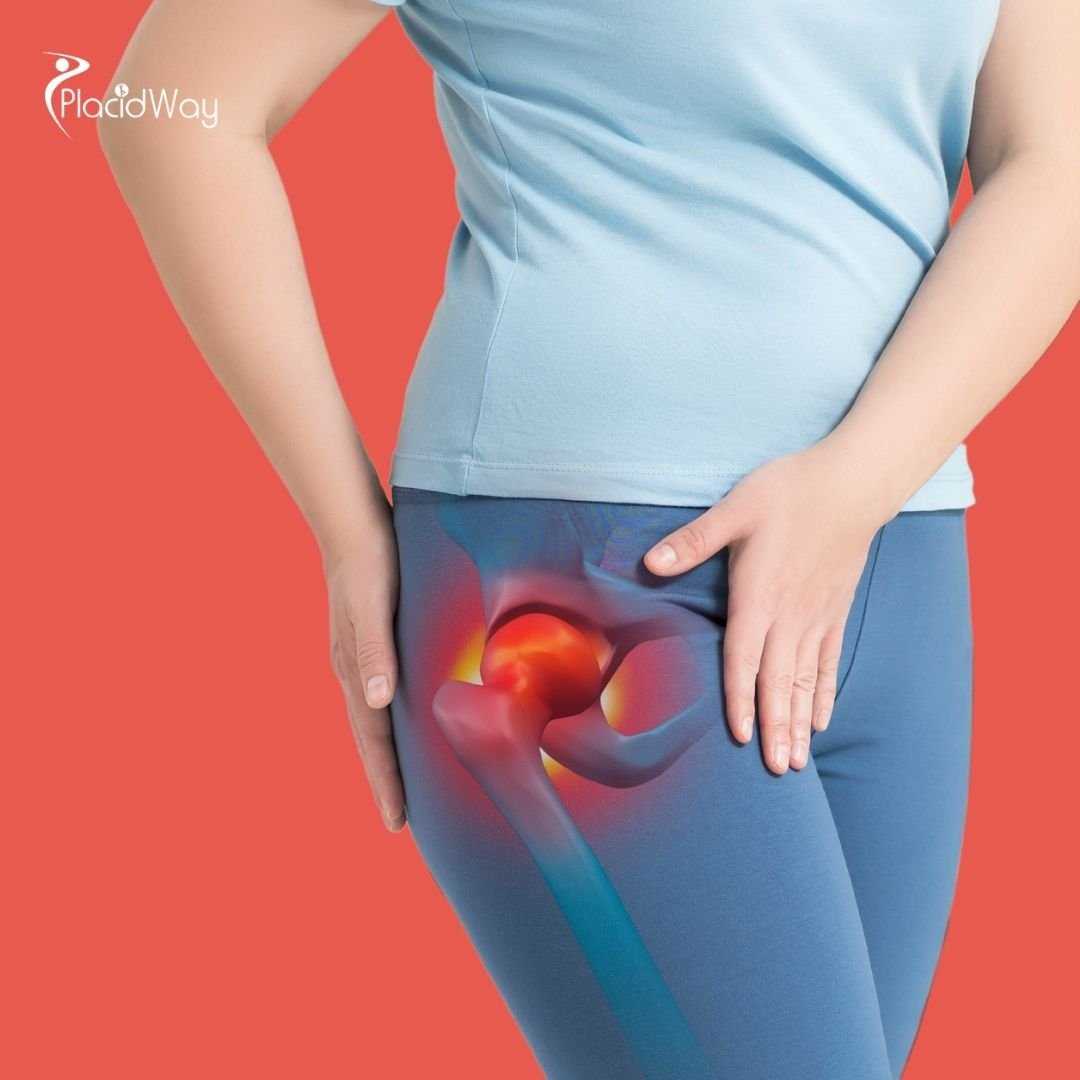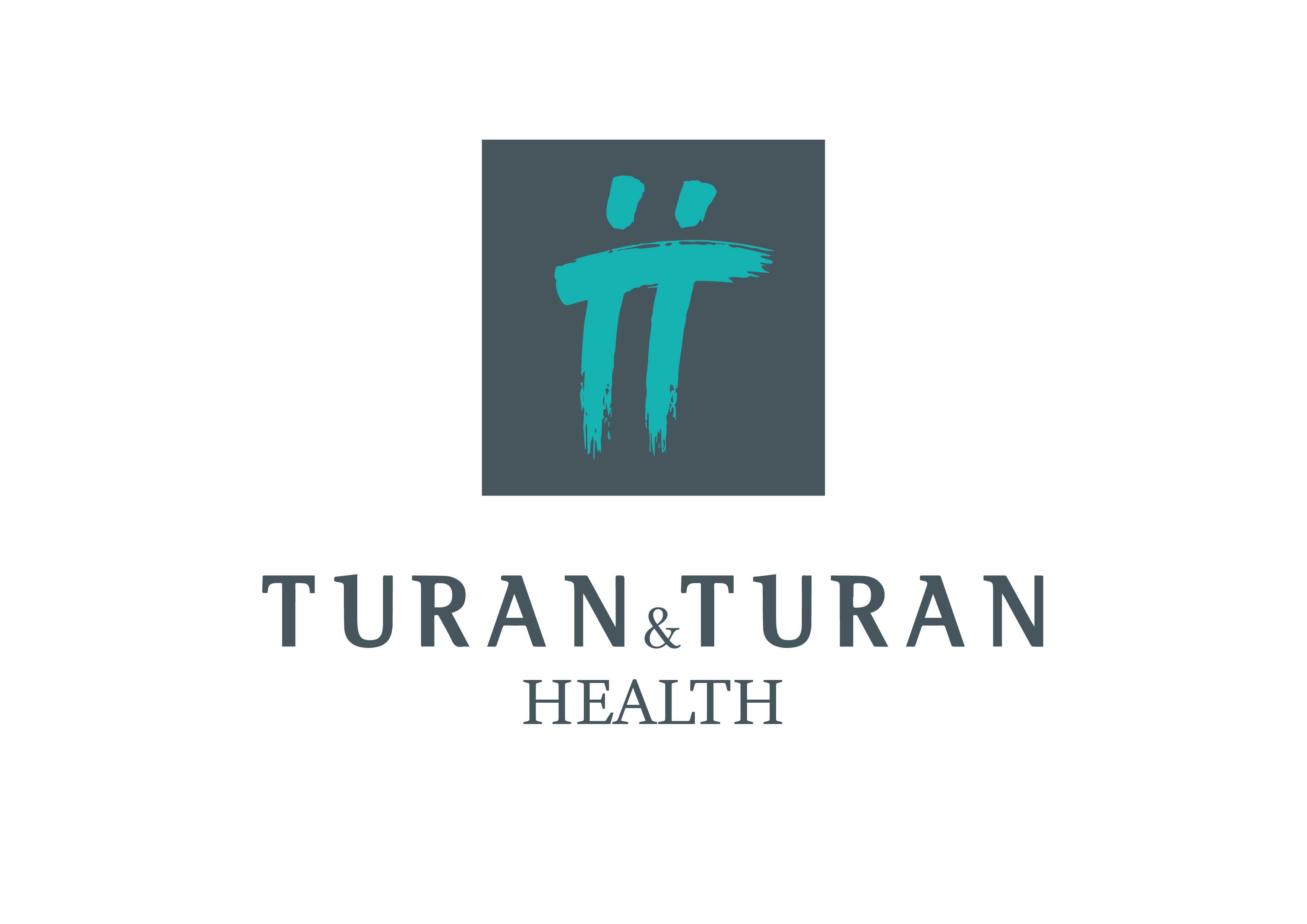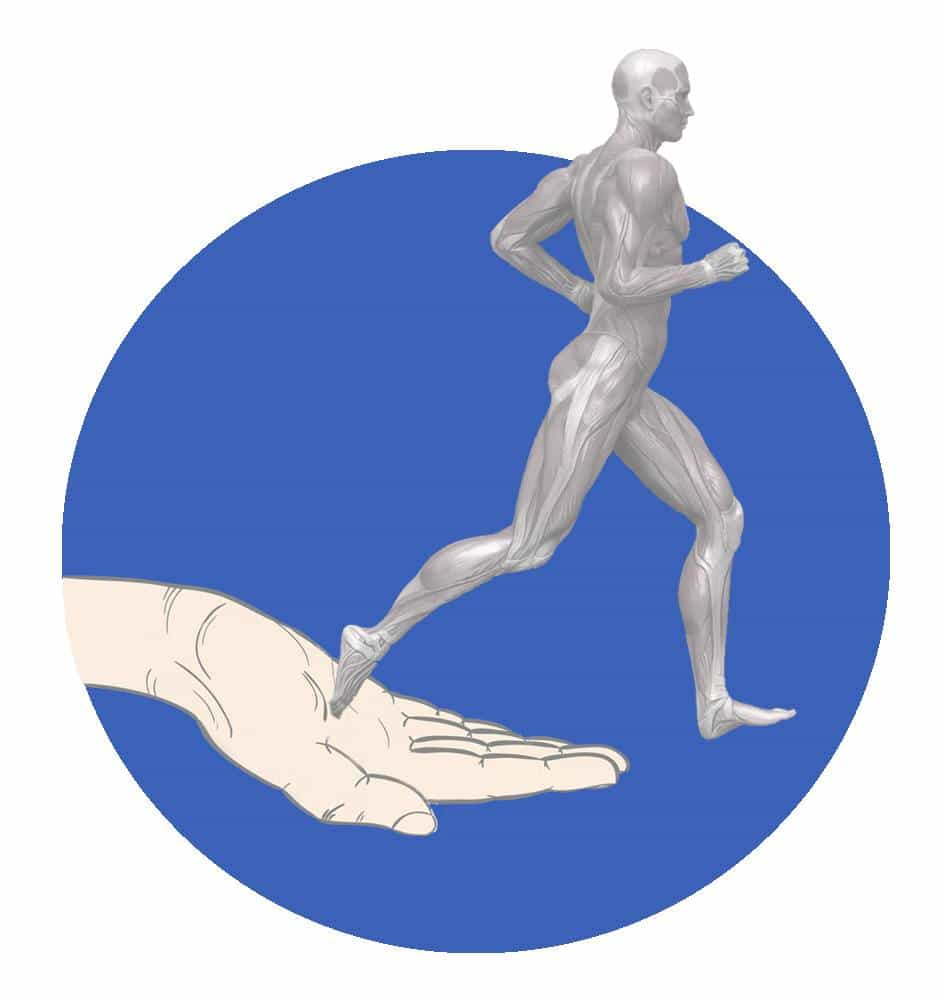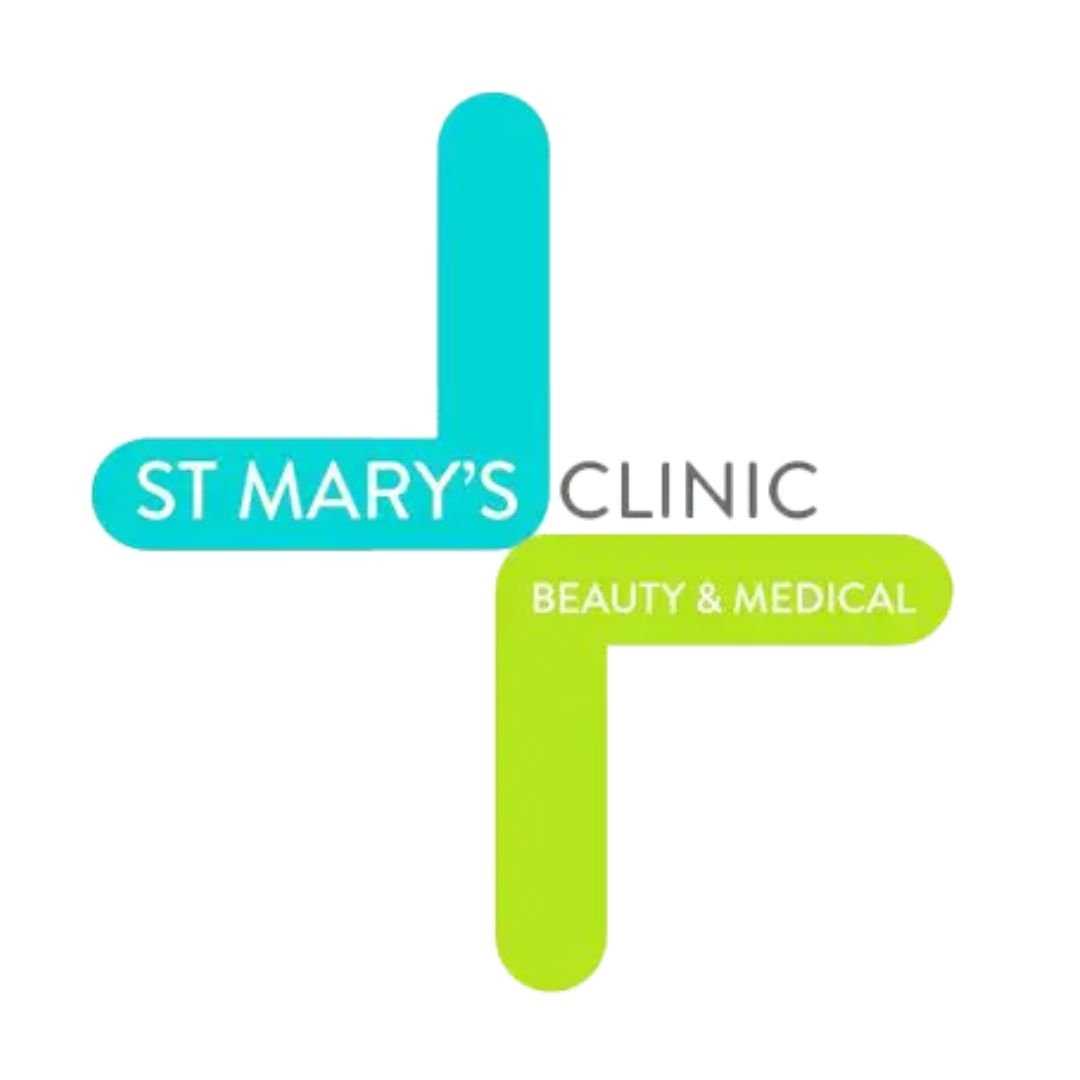Total Knee Arthroplasty Stem Cell Therapy in Greece
.png)
Knee pain is one of the most debilitating conditions affecting adults worldwide, often leading to a difficult crossroads: live with the pain or undergo major surgery known as Total Knee Arthroplasty (TKA). For decades, surgery was the only definitive answer for severe osteoarthritis. Today, however, regenerative medicine offers a third path.
Greece has emerged as a premier destination for orthopedic stem cell treatments, combining European medical standards with accessible costs. But the key question remains: How effective is it really? Can a series of injections truly replace or delay a major joint replacement surgery? In this guide, we will analyze the clinical effectiveness of stem cell therapy compared to knee replacement, specifically within the context of the Greek medical system.
Can Stem Cell Therapy Replace Total Knee Arthroplasty?
To understand the effectiveness, we must clarify the goal. Total Knee Arthroplasty involves cutting away damaged bone and cartilage [Image of Total Knee Arthroplasty x-ray] and replacing it with metal and plastic components. It is a mechanical fix for a mechanical problem. Stem Cell Therapy, on the other hand, is a biological solution. It uses the body's own Mesenchymal Stem Cells (MSCs) to reduce inflammation and stimulate the repair of existing tissue.
In Greece, orthopedic specialists use stem cells primarily as a joint preservation technique. For patients with Grade 2 or 3 Osteoarthritis (where some cartilage remains), studies show that stem cell therapy can significantly reduce pain and improve mobility, effectively "buying time" and allowing patients to avoid surgery for 5 to 10 years or more. However, if the joint is completely collapsed (Grade 4), stem cells cannot regrow the entire structural architecture of the knee, making replacement the better option.
What is the success rate of knee stem cell therapy in Greece?
The "effectiveness" is measured by pain reduction and functional improvement. Greek clinics, which adhere to European Union standards, report high success rates particularly because they use potent sources of cells—typically autologous adipose (fat) tissue or bone marrow concentrate (BMAC).
Unlike simple "platelet-rich plasma" (PRP) injections, true stem cell therapy involves a higher concentration of regenerative cells. Patients treated in Athens or Thessaloniki typically experience:
- Months 1-3: Reduction in inflammation and "stiffness."
- Months 3-6: Gradual improvement in cartilage quality and range of motion.
- Long-term: Sustained relief for 3 to 5 years, with the option for "booster" treatments if necessary.
Cost Comparison: Stem Cell Therapy vs. Knee Replacement in Greece
One of the most compelling reasons patients choose Greece is the cost-effectiveness. While a knee replacement is a permanent fix, it comes with high financial and physical costs (long rehab). Stem cell therapy offers a quicker, cheaper alternative for those who qualify.
| Treatment | Estimated Cost in Greece | Recovery Time | Invasiveness |
|---|---|---|---|
| Stem Cell Therapy | €5,000 - €8,000 | 1 - 3 Days | Minimally Invasive (Injection) |
| Total Knee Replacement | €7,000 - €12,000 | 3 - 6 Months | Major Surgery |
| PRP Injection | €300 - €600 | Immediate | Non-Invasive |
Note: The cost of knee replacement listed above is for the surgery itself in Greece, but when factoring in months of physical therapy and lost wages, the "total cost" is much higher than stem cell therapy.
How is the procedure performed in Greek clinics?
The effectiveness of the treatment is heavily dependent on the precision of the injection. In Greece, top orthopedic clinics use fluoroscopy (real-time X-ray) or ultrasound guidance to ensure the stem cells are placed exactly into the damaged area of the cartilage [Image of ultrasound guided knee injection].
The typical protocol in Greece involves:
- Harvesting: A mini-liposuction or bone marrow aspiration is performed under local anesthesia.
- Processing: The sample is spun in a centrifuge to isolate the Mesenchymal Stem Cells (MSCs).
- Activation: Some clinics use photo-activation or mix the cells with PRP to boost their potency.
- Injection: The cells are injected into the knee joint capsule.
Because there is no major incision, the risk of infection (a major concern with Total Knee Arthroplasty) is virtually non-existent with stem cell therapy.
Is it safe? Regulations in Greece
Greece follows strict European Union directives regarding the handling of human tissues and cells. Clinics must be licensed to perform these procedures, ensuring that the processing of stem cells meets Good Manufacturing Practice (GMP) standards. This regulatory oversight provides international patients with the assurance that they are receiving safe, unadulterated biological treatments.


.png)




.jpg)
.jpg)








Share this listing